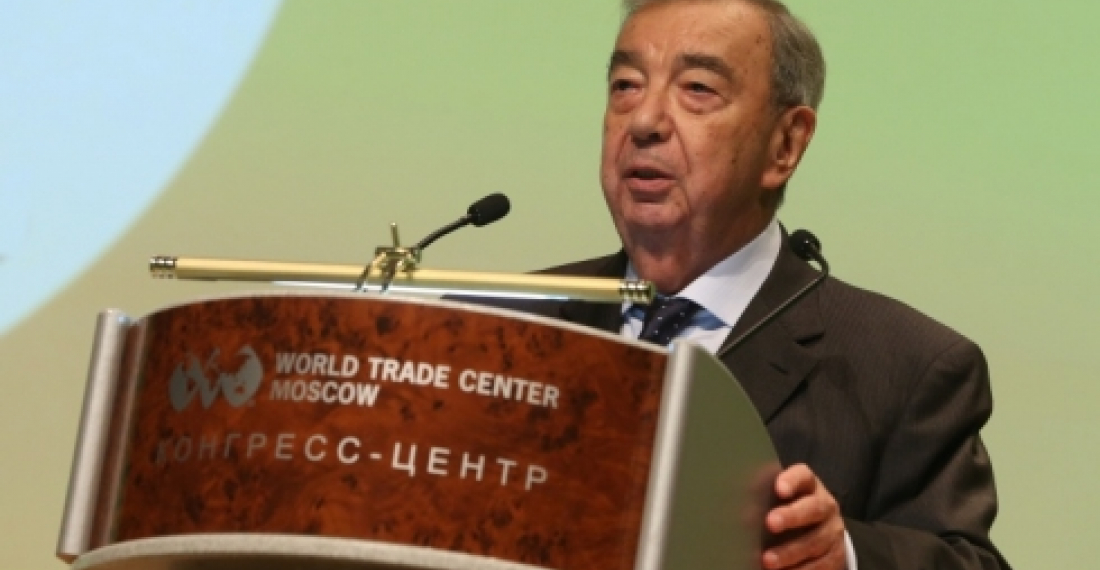Russia's verteran statesman and former Prime Minister, Yevgeny Primakov has blamed neo-liberal ideas for the slow-down in the Russian economy in 2013, but warned against confusing neo-liberalism with truly liberal requirements.
Speaking at the Mercury Club, of which he is President, Primakov said neoliberals insist on the government's earliest possible pullout from the economy, while this course of action may exert a highly deplorable impact on its condition, according to a report carried by the Russian News Agency ITAR-TASS. "Would it be justified to claim that market mechanisms can ensure economic growth in Russia on their own today?" Dr. Primakov said. "No, of course not." He indicated that only big corporations, including the government-run companies, have a sufficient investment potential for implementing large-scale projects necessary for Russia's development today. "Given the underdeveloped character of free competition here, there's but a slim hope that small and medium-sized business can take on the role of a drive engine of development," Dr. Primakov said.
Primakov said however that neo-liberalism should not be confused with "genuine liberal values and truly liberal requirements like independence of the judiciary, struggle with corruption, incorruptibility of civil servants, or a mandatory observance of law," Dr. Primakov said.
source: commonspace.eu with ITAR-TASS
photo: Yevgeny Primakov.







